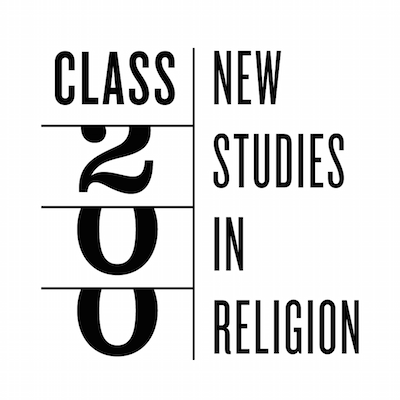In this week’s podcast, Kathryn Lofton and John Modern join Adam Miller for a conversation that hovers around the relationship between description and explanation in the study of religion, and the notion that the way scholars of religion think about their categories of analysis shapes what they say about a given set of data and how they say it. Given the entanglement of description and explanation, Lofton and Modern stress the responsibility scholars of religion have to know their material deeply, to be aware of the history of their field and categories of analysis, and to speak to issues/questions beyond their areas of speciality.
Podcast: Play in new window | Download | Embed
Subscribe: RSS
Kathryn Lofton is the Chair of the Religious Studies Department at Yale University. She is the author of Oprah: The Gospel of an Icon, the soon-to-be-published Consuming Religion, and is currently working on the religious contexts of Bob Dylan. John Modern is the Chair of the Religious Studies Department at Franklin & Marshall College. He is the author of Secularism in Antebellum America and is currently pursuing two book projects—one on machines and cognitive science, and another on Devo and rubber. In addition to their solo-enterprises, they have worked together on a couple of things—Frequencies, a collaborative genealogy of spirituality, for example, and most recently a book series to be published by the University of Chicago Press titled Class 200.
You can download this interview, and subscribe to receive our weekly podcast, on iTunes. If you enjoyed it, please take a moment to rate us. And remember, you can use our Amazon.co.uk, Amazon.com, or Amazon.ca links to support us at no additional cost when buying academic texts, camping gear, masquerade masks, and more.








